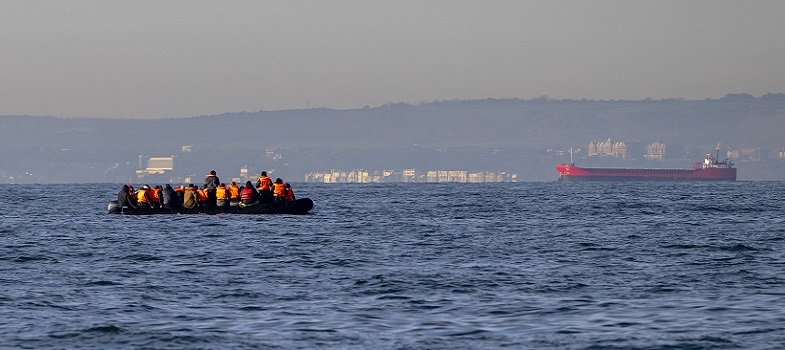4.4. Docking at ports
SAR vessels with rescued persons onboard have encountered issues whereby they have not been allowed to dock at ports. This became particularly acute during the Covid-19 pandemic where states closed their ports or asked boats to quarantine for periods of time, stating that they were doing so to control the spread of the virus.
As stated in Section 2.1.2 of this course, states have sovereignty over their internal waters, which includes harbours, under Article 8 of UNCLOS. Article 25 of UNCLOS also confirms the right of states to regulate access to their internal waters, and this includes being able to check whether vessels comply with port entry requirements and deny ships entry which fail to comply.
Some states have sought to use the legal loophole of controlling their own internal waters to prevent disembarkation of rescued migrants. States have also argued that people are safe once they have been rescued and so their legal obligations are discharged at the point of rescue, rather than at the point of safety for passengers. However, the power that states have to prevent disembarkation at their ports is countered by the international laws regarding ensuring that those who have been rescued reach a place of safety under the SAR Convention, including relevant human rights law and the principle of non-refoulement.
The International Maritime Organization (IMO) recommends that the preferred destination of a ship should be considered for disembarkation accounting for the vessel’s safety and the needs of the persons within it. Where disembarkation from the rescuing ship cannot be arranged, the government responsible for the SAR area should accept the disembarkation of the persons rescued (IMO Circular 194/2009 ‘Principles Relating to Administrative Procedures for Disembarking People Rescued at Sea’, para 3).
AS and Others v Italy
In 2021, the UN Human Rights Committee (HRC) [Tip: hold Ctrl and click a link to open it in a new tab. (Hide tip)] held that Italy had failed to protect human life by delaying a rescue mission for a boat in distress in the Mediterranean Sea where more than 200 people died (a case against Malta was also made but declared inadmissible).
It was found that there was a special relationship of dependency arising from the boat having initially contacted the Italian coastguard, the close proximity of an Italian naval vessel, and legal obligations arising from the SOLAS and SAR Conventions. Within this, Italy had failed to protect life under human rights law. The HRC held that a state should take measures to respond to reasonably foreseeable threats to life within its SAR zone, or where it exercises control over people in distress.
Although not specifically addressing the issue of docking at ports, it has been argued that this decision requires states to do more to protect persons at sea and it becomes more difficult for a state to argue that its duties to rescue persons in distress are over once they have been rescued by a commercial or NGO vessel (Galani, 2021).
4.3. Regulation (EU) No 656/2014

